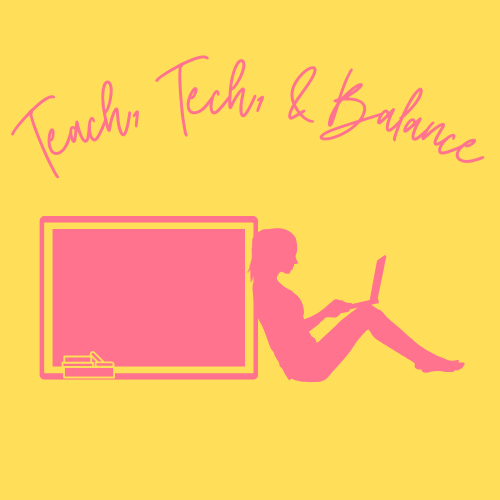For me, the mad scramble to prepare for the new semester is always a time of mixed emotions. On one hand, I can’t wait for the first day, meeting fresh faces and catching up with returning students. On the other hand, there’s the tedious prep work that makes a great semester happen. It’s the classic love-hate relationship of academia.
In a moment of inspiration (or procrastination), I’ve decided each day this week I will share something that has helped me to swing the emotional pendulum closer to the “eager” side.
Day 1: Reflection
Before starting any semester, I grab a cup of hot chocolate (or bottle of wine) and look back over previous semesters to celebrate the wins, spot areas for growth, and find ways to create an even better semester.
What Worked?
I start with the highlights. What clicked with my students? Maybe it was an assignment that sparked creativity or a discussion format that brought everyone out of their shells. Did that group project foster collaboration and community? Or perhaps those micro-assessments were a hit, giving students helpful feedback without the stress of a major exam. These are the treasures I will revisit and adapt for this semester.
What Didn’t Work?
Now for the less fun part: what flopped? Maybe a lecture left students yawning or an assignment sparked more confusion than curiosity. Acknowledging these pain points, not as failures but as opportunities allows us to grow as instructors.
Could that dense reading be broken into smaller bites? Or maybe that group project needed clearer instructions. For me, I often find there are places I need to include more scaffolding for complex concepts.
Clearing Up Confusion
This leads me to my next topic of reflection: common sticking points. Maybe a key concept needs a fresh approach or an extra resource. I think of places where short videos, interactive tutorials, or even a quick cheat sheet might help students tackle tough topics. Refreshing (or in some cases introducing) essential prior knowledge before issues occur can help the semester flow.
Student Feedback: Our Secret Weapon
Let’s be real—End-of-course surveys can be painful, filled with student bias and strange perceptions of classroom events. Despite this, if we take a close look at their feedback students do share what works (and what doesn’t). Did they ask for more real-world examples? Struggle with a particular concept? Do they feel a sense of community or is there a disconnect? Listening to students, both immediately following the course and as they enter the field, has made my courses by allowing me to thoughtfully add hands-on activities, tweak the pacing, and rethink assessments.
Moving Forward with Purpose
Armed with my reflections, it’s time to plan the next semester. Even for courses I have taught several times, I find it helpful to refine the syllabus and course shells, review materials, and sometimes even adjust the teaching methods.
So, grab your favorite beverage, find a cozy spot, and give yourself the gift of reflection. Your future self (and your students) will thank you.
